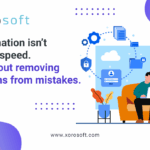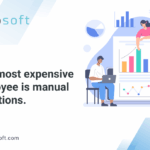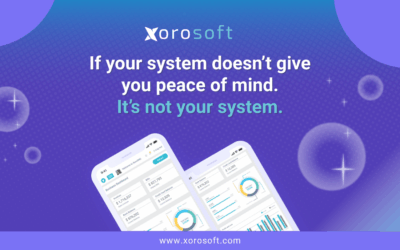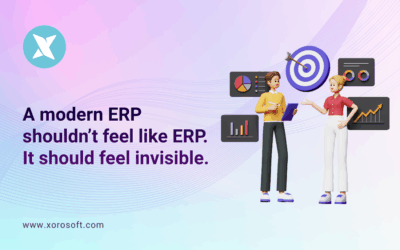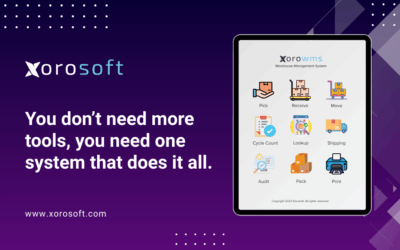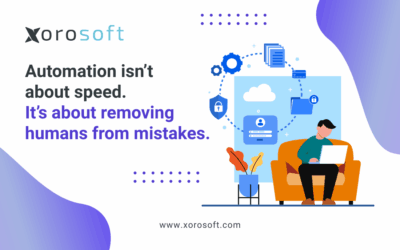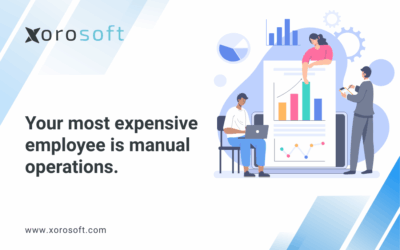
ERP for Operations Management Starts with the Right Tools
Operations teams are the backbone of any growing company. From managing inventory and fulfillment to coordinating purchasing and logistics, they keep things moving. However, without a robust ERP for operations management, it often feels like they’re always playing catch-up.
If your team is still relying on spreadsheets, email chains, and disconnected tools, you’re not alone. These systems may have worked early on. However, they can’t support scale. Therefore, it’s time for a smarter approach.
Manual Systems Are Slowing Everyone Down
Most businesses start small, using spreadsheets, QuickBooks, and entry-level apps. At first, it works. However, as complexity grows, those tools become bottlenecks.
For example, disconnected systems create real problems:
-
Inventory appears available but is actually out of stock
-
Teams duplicate data between systems manually
-
Someone forgets to process purchase orders sitting in their inbox
-
Fulfillment errors grow as orders increase
-
Accounting can’t reconcile because the data doesn’t align
In other words, each department ends up guessing instead of knowing.
Eventually, this chaos erodes team morale and customer trust. Consequently, operations becomes the bottleneck.
How Disconnected Tools Create Operational Chaos
The real problem lies in using multiple tools that don’t talk to each other. In most companies:
-
Inventory uses one platform
-
Fulfillment uses another
-
Purchasing uses emails or spreadsheets
-
Finance teams operate in isolation using outdated accounting software
In contrast, a unified system removes this friction.
This lack of integration creates silos. As a result, information is outdated, inconsistent, or simply missing. Moreover, teams can’t collaborate effectively—and your operations become reactive instead of proactive.
To illustrate, imagine updating your inventory in five different places just to reflect one sale. It’s not scalable.
Granted, many businesses found these tools helpful early on. Even so, they weren’t built for scale.
At the same time, competitors using modern systems are pulling ahead.
What a Modern ERP for Operations Management Can Fix
In fact, ERP is designed to eliminate these issues at the root.
To fix these gaps, your business needs an integrated platform that acts as a single source of truth. That’s exactly what modern ERP systems provide.
For instance, here’s what changes when you implement ERP:
-
Real-time inventory visibility across all channels
-
Automated purchase orders and fulfillment workflows
-
Built-in warehouse management tools
-
Seamless accounting integration
-
Accurate reporting across departments
-
Native connections to platforms like Shopify and Amazon
Furthermore, the ERP gives all teams access to real-time data. That said, the biggest benefit may be how much simpler decision-making becomes.
In the meantime, your competitors are improving their delivery times and reducing errors.
Why Xorosoft Is the Right ERP for Operations Management
Xorosoft is a modern cloud-based ERP for operations management, purpose-built for growing manufacturers, distributors, and e-commerce brands.
To clarify, it’s not just another ERP—it’s designed to actually be usable.
Here’s how Xorosoft stands out:
-
Real-time inventory and purchasing automation
-
Built-in WMS—not a third-party add-on
-
Seamless Shopify integration via our app
-
G2’s #1 ERP for Ease of Use – check it out
-
Multi-location, multi-currency, and multi-channel support
-
Direct integration with 3PLs, EDI, and more
Above all, it’s intuitive. Notably, your team won’t be stuck in a months-long onboarding process.
Meanwhile, your operations continue running without disruption.
When Ops Teams Have the Right ERP, They Thrive
Here’s what happens when you give your team the tools they need:
-
They ship orders faster
-
They keep inventory updates accurate
-
They reconcile financial records automatically
-
They communicate clearly across departments
-
Customers receive a smoother, more reliable experience
In addition, your ops team takes charge of processes instead of reacting to issues.
When you unify your systems under one ERP, you take control of every part of operations. The right ERP for operations management empowers your team to reduce complexity and accelerate growth.
👉 Ready to stop playing catch-up? Book a demo and discover how Xorosoft helps your business scale with confidence.



